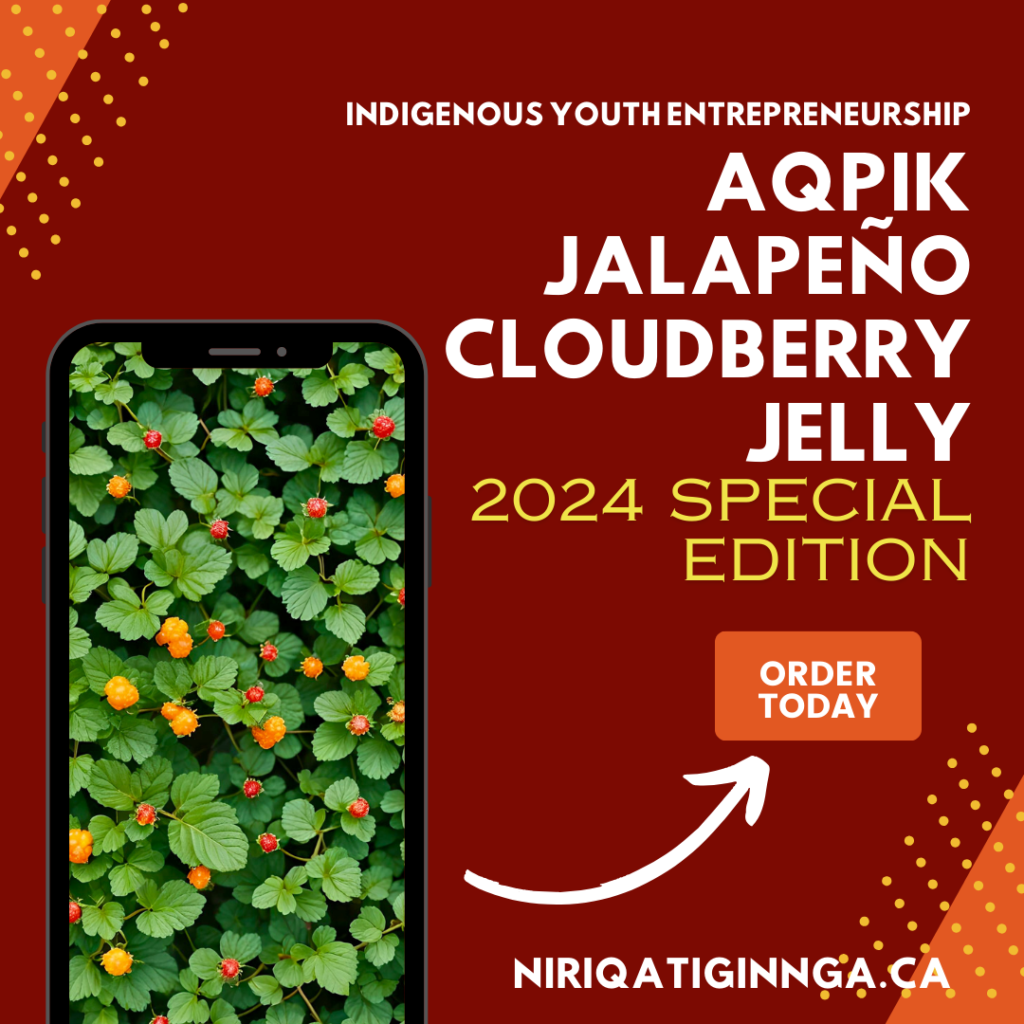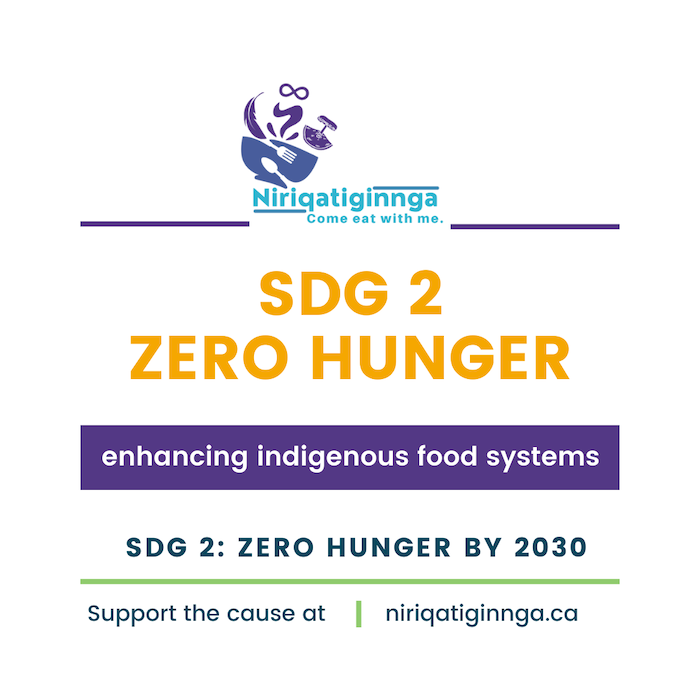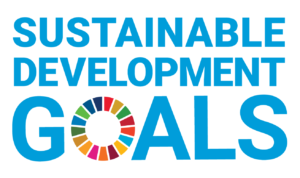Every sector of society, from the private sector to universities and colleges, the not-for-profit sector, community-based organizations and individual Canadians, has an important part to play in building a strong Canadian Arctic and North.
To build stronger communities, there is a need for community-led food production projects and skills training for local and Indigenous food production systems. Federal and provincial investments and policy development undertaken in cooperation with Indigenous peoples will help strengthen food security in Arctic and northern communities and reinforce Indigenous connections with wildlife and the land.
This year’s Niriqatiginnga project is aligned with several of the goals and objectives outlined in the Government of Canada’s “Arctic and Northern Policy Framework.”
The project focuses on infrastructure development, economic growth, and sustainable practices while involving Indigenous communities, which are all central to the goals and objectives of the framework. Our project also emphasizes job creation and economic development opportunities across regions, contributing to the growth of the northern and Arctic economy. Participatory and co-designed approaches reflect our commitment to building a diverse, prosperous, and inclusive economy, a shared aspiration also emphasized in the framework.
Here is our views of how our proposal aligns with the goals and objectives of the Arctic and Northern Policy Framework:
Goal 1: Canadian Arctic and northern Indigenous peoples are resilient and healthy
Climate-driven changes are worsening the risks to Indigenous peoples in the region, such as travel over traditional routes. As well, a high cost of living and changes in the availability and accessibility of traditional foods have resulted in rising rates of food insecurity.
- Eliminating food insecurity includes both affordable food from the grocery store, as well as having access to traditional food to support a healthy diet, community well-being and connection to local cultures and traditions.
Goal 2: Strengthened infrastructure that closes gaps with other regions of Canada
Our project is in alignment with Goal 2 as it focuses on infrastructure development to improve northern access to essential services, which is a priority in the framework.
- Investment in significant infrastructure projects: The proposal involves investing in a new shipping, logistics and warehouse facility for northern food sales, which can be considered a significant infrastructure project.
- Expanding multi-modal transportation infrastructure: This project addresses gaps and limitations of transportation infrastructure across northern regions, especially in communities accessible only by air or seasonal ice roads. The project also has a growing need to coordinate logistics and services using marine and aviation infrastructure.
Goal 3: Strong, sustainable, diversified, and inclusive local and regional economies
The project aligns with Goal 3 as it emphasizes local economic growth, job creation, and support for northern Indigenous economic development, contributing to regional economic resilience and sustainability.
- Increase Indigenous participation in the economy: The proposal highlights that the Arctic Buying Company Kivalliq is a 100% Nunavut Inuit women-owned business and is committed to supporting Indigenous economic development.
- Grow the northern and Arctic economy: This project outlines expansion plans and the potential for new business opportunities and benefits, including job creation and economic development in the territories and northern regions we serve.
Climate Change and Arctic Climate Entrepreneurship
The next phase of framework co-development will focus on implementation, investment strategies and governance, moving towards more integrated federal-territorial-provincial and Indigenous approaches to challenges and opportunities in Canada’s Arctic and North.
The northern regions have become important crossroads where issues of climate change, international trade and global security meet. As melting sea ice opens shipping routes, it is also putting the rich wealth of northern natural resources within reach. Increased commercial and tourism interests also bring increased safety and security challenges that include search and rescue and human-created disasters.
Forging new partnerships, the framework can help address the massive implications of climate change for individuals, communities, businesses and governments alike, and ensure a more sustainable future for northerners.
Click here to more about the Arctic and Northern Policy Framework.



